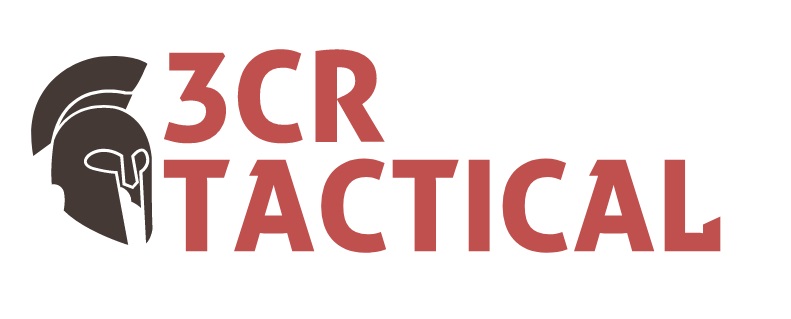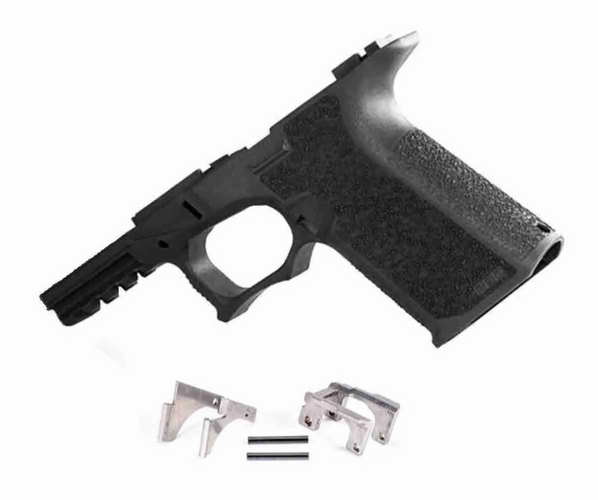In recent years, the firearm community has witnessed increasing popularity and controversy surrounding Polymer80 (P80) frames. These 80% polymer frames have become a popular choice among gun enthusiasts due to their build-it-yourself appeal and customizability. However, their rising popularity has also drawn attention from lawmakers and regulators, raising questions about the legality of P80 frames. In this article, we’ll delve into the topic and explore the debate surrounding P80 frames and their potential ban.
Understanding Polymer80 Frames
What are P80 Frames?
Polymer80 frames are 80% complete firearm frames made from polymer materials. Unlike fully finished firearm frames, P80 frames are not considered firearms by the Bureau of Alcohol, Tobacco, Firearms, and Explosives (ATF) because they are not yet capable of accepting certain critical components, such as the trigger assembly, when purchased.
The Appeal of P80 Frames
One of the main reasons for the growing popularity of P80 frames is that they offer firearm enthusiasts an opportunity to build their own customized firearms. These frames come with pre-machined areas where users can easily complete the remaining 20% of the frame with simple hand tools, allowing them to build personalized firearms tailored to their preferences.
The Legal Controversy
The “Ghost Gun” Concern
The rise in popularity of P80 frames has led to concerns from some lawmakers and gun control advocates. They argue that the ease of obtaining and assembling P80 frames enables individuals to create untraceable “ghost guns” – firearms that lack serial numbers and cannot be easily traced by law enforcement. This concern has led to efforts to regulate or ban P80 frames to address the potential public safety risks associated with unregistered firearms.
ATF Regulations and Compliance
The ATF regulates the sale, distribution, and possession of firearm frames and receivers, including P80 frames. While P80 frames are not classified as firearms, the ATF has specific guidelines for the manufacturing and assembly of these frames. Individuals who intend to manufacture firearms from P80 frames must comply with federal and state laws, including background checks and serial number engraving, as required by the Gun Control Act of 1968.
State-Level Regulations
In addition to federal regulations, the legality of P80 frames can vary from state to state. Some states have introduced specific legislation to regulate or prohibit the possession and assembly of P80 frames. It’s crucial for firearm enthusiasts to understand their state’s laws regarding P80 frames and ensure compliance with all relevant regulations.
Legal Challenges
The controversy surrounding P80 frames has led to legal challenges in certain states. Courts have weighed in on the matter, with some states upholding the legality of P80 frames as long as they comply with ATF guidelines, while others have taken a stricter stance, imposing additional restrictions or outright bans.
Manufacturer Compliance
Responsible Manufacturing
To address concerns about the potential misuse of P80 frames, responsible manufacturers in the firearm industry provide clear instructions and guidelines for assembling their frames legally. They prioritize compliance with ATF regulations and emphasize the importance of adhering to all applicable federal and state laws.
The popularity of Polymer80 (P80) frames has sparked a heated debate over their legality and potential risks associated with untraceable firearms. While P80 frames themselves are not firearms, they are subject to federal and state regulations that govern their manufacturing and assembly. Understanding and complying with these laws is essential for responsible gun enthusiasts who wish to build firearms from P80 frames. As the regulatory landscape evolves, it is crucial for firearm owners to stay informed about their state’s laws and exercise responsible firearm ownership practices.


